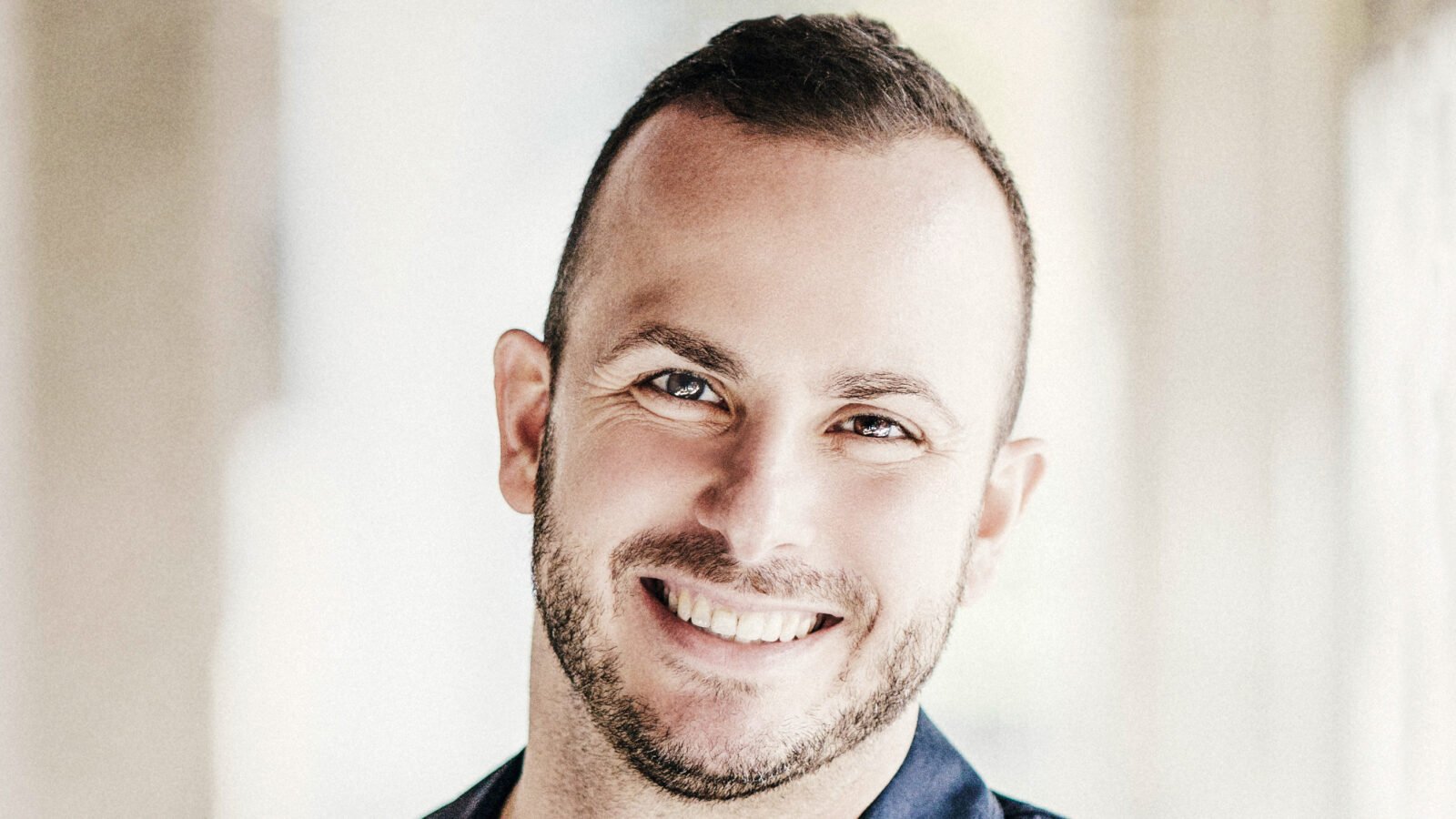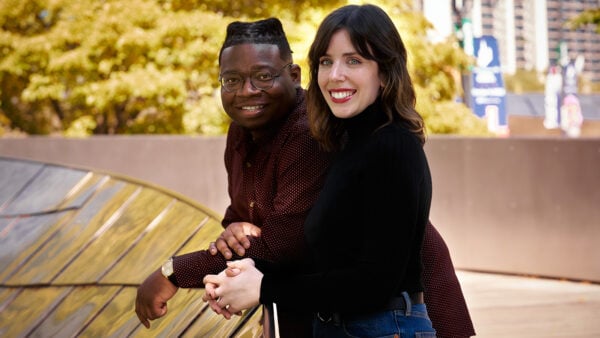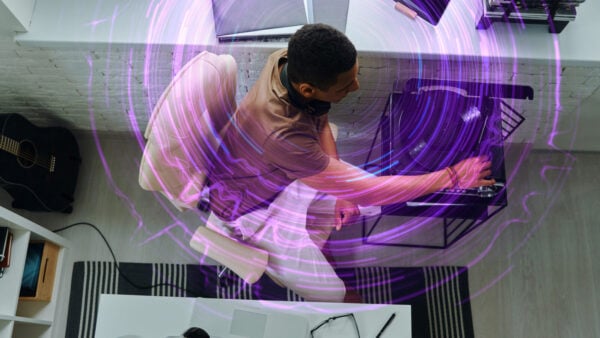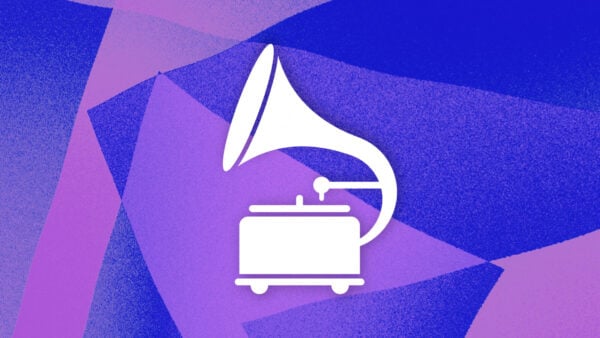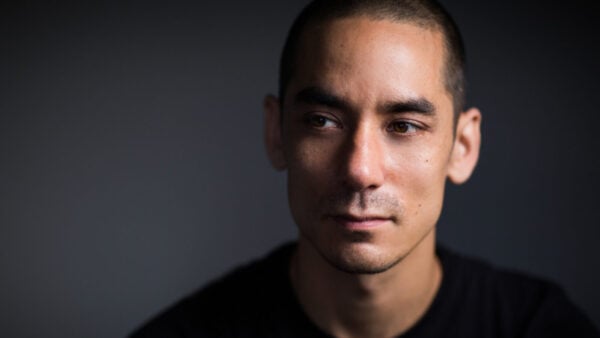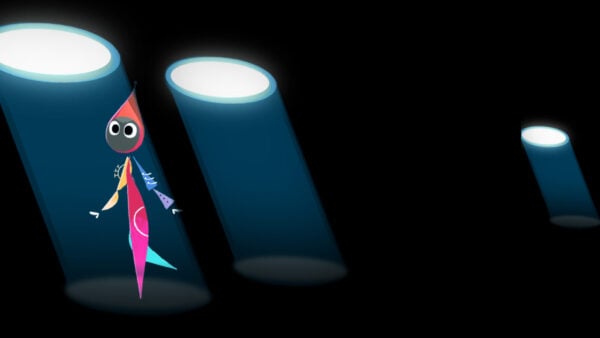Video games don’t always conjure up images of a concert hall. Surveys show that 90% percent of teens play video games on a computer, game console, or phone. The numbers aren’t quite as high when you ask teens if they like classical music — a separate survey shows that classical music is the preferred genre of just about 4% of teens. Despite this extremely wide gap, the state of classical music may not be as dire as it seems. That’s because of the strong presence of orchestral and classical-inspired music in video games, especially in franchises like Final Fantasy.
The acclaimed role-playing video game series started in 1987, and from the very beginning emphasized music’s part in storytelling with the celebrated scores of “the John Williams of video game music,” Japan’s Nobuo Uematsu.
It’s safe to say that Arnie Roth, a composer and conductor based in the Chicago area, is a fan of Uematsu’s, who served as lead composer for the first 10 Final Fantasy games. Roth, who is the music director and conductor of ‘Distant Worlds: music from FINAL FANTASY,’ enthusiastically acknowledges the great influence that Uematsu has had on the video game music industry. In an interview with WFMT ahead of the September 14 Chicago performances of ‘Distant Worlds,’ Roth explained that “a lot of what Nobuo Uematsu started… other video game composers have emulated… The reason for the popularity of the music of Final Fantasy, I feel, is because of Nobuo’s writing style.”
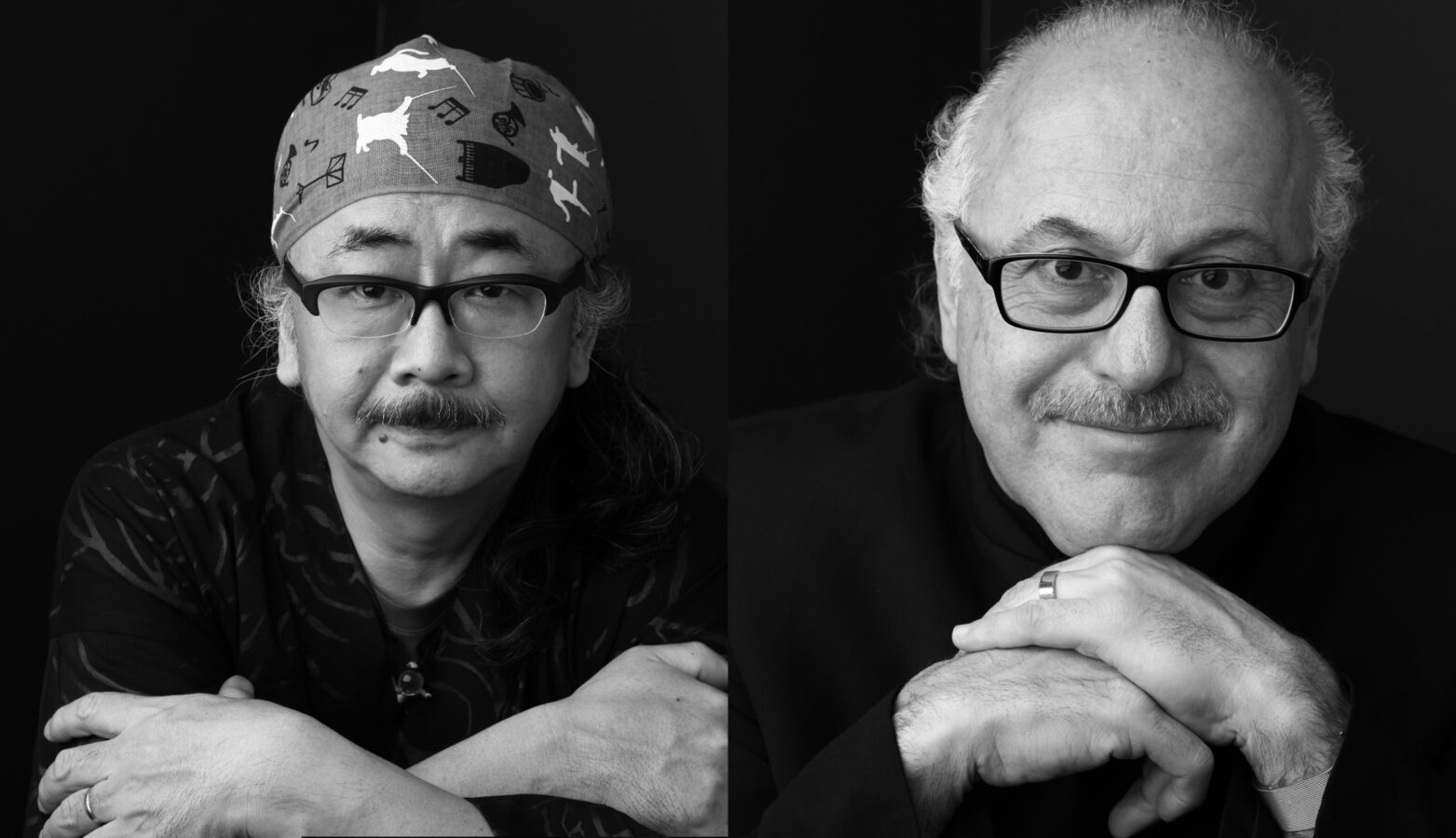
Nobuo Uematsu [L] and Arnie Roth [R]
In particular, Roth finds Uematsu’s music to have an accessible, traditional style of melody and structure. “Many other video games tend to have a main anthem or theme,” Roth comments, “but a lot of the gameplay music is a little bit faceless or leans on percussion loops… Nobuo is not that way.”
Roth feels Uematsu’s melodically rich compositions are achievements in and of themselves, considering the technical limitations he would have faced when writing some of the music. Back in the late 1980s through the mid 1990s, video game scores had to be written for small computer chips for 8- and 16-bit hardware. Uematsu embraced the limitations and wrote melodic scores, which ended up increasing his popularity in Japan and beyond.
Roth thinks the Uematsu’s moniker, “the John Williams of Video Game Music,” is deserved. He compares Uematsu’s works to the music of Star Wars, describing Uematsu’s motifs for every character, villain, and battle, all in the service of elevating each game’s story. This approach recalls the technique of “leitmotif” pioneered by Wagner in the 19th century.
Perhaps surprisingly, Arnie Roth’s entrance into the world of video game music was not through video games. A Grammy-winning composer and conductor, Roth served as music director of the Chicagoland Pops Orchestra. In 2004, while looking for interesting programming, Roth heard of the popularity of video game concerts in Japan and was drawn to Uematsu’s music. Roth got involved with the first Final Fantasy concert tour of North America and now serves as music director and conductor of the current ‘Distant Worlds’ tour.
Roth thinks ‘Distant Worlds’ and concerts like it can help to bring uninitiated but possibly receptive audiences into the world of classical music. He adds that it’s a strategy more classical organizations are beginning to embrace — “I think that many, not all, major orchestras around the world realize that now. It took a number of years for them to embrace that. The main struggle was could you really sell tickets to this kind of show? They thought that it had to be as part of a video game conference and we slowly proved them incorrect.”
“I’ve suggested this to many music directors, it has to be a two-way street.” Arnie adds, “If you give that respect, there’s no question that they belong and can live on a stage. Bring in these fans by programming it.”
Arnie Roth leads two performance of ‘Distant Worlds: Music from FINAL FANTASY’ at Symphony Center on Saturday, September 14 at 3:00 pm and 8:00 pm. WFMT listeners can use code CHOCOBO for 20% off tickets. Visit ffdistantworlds.com for ticketing and information.

